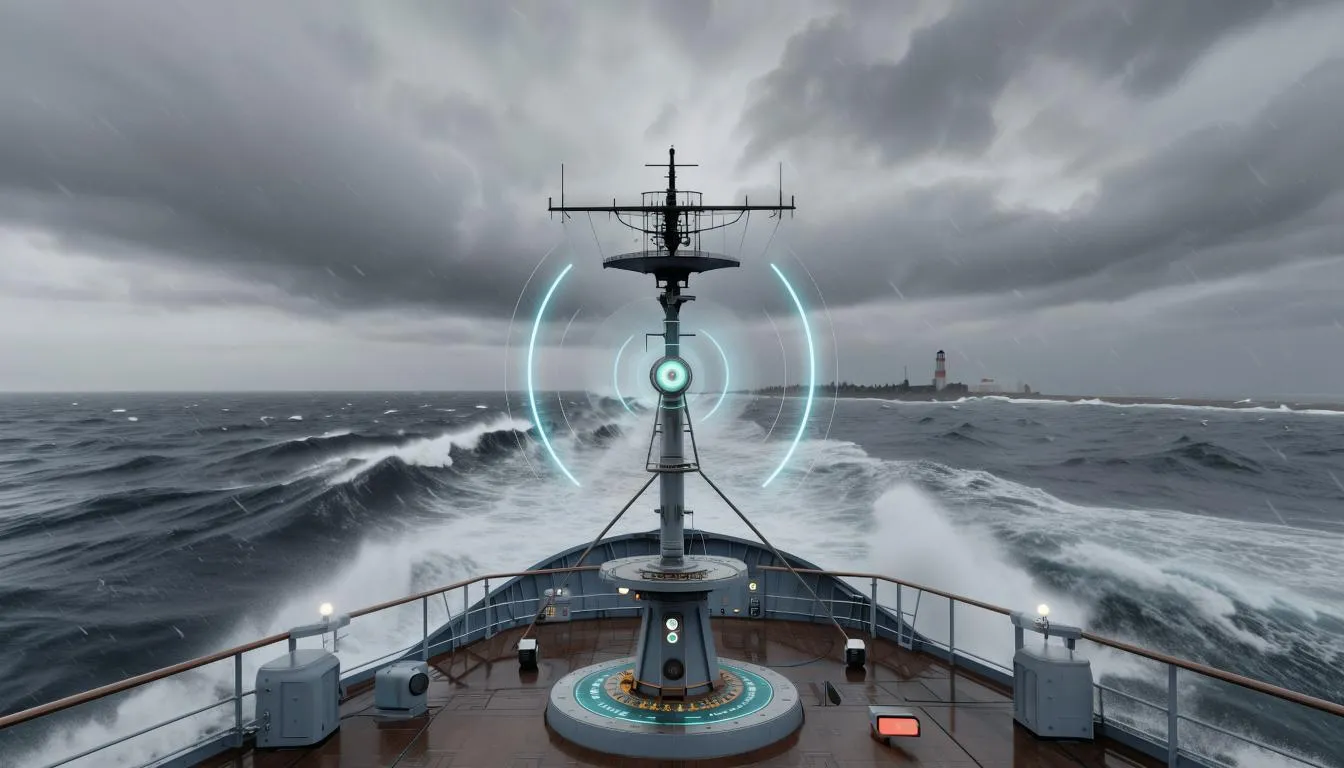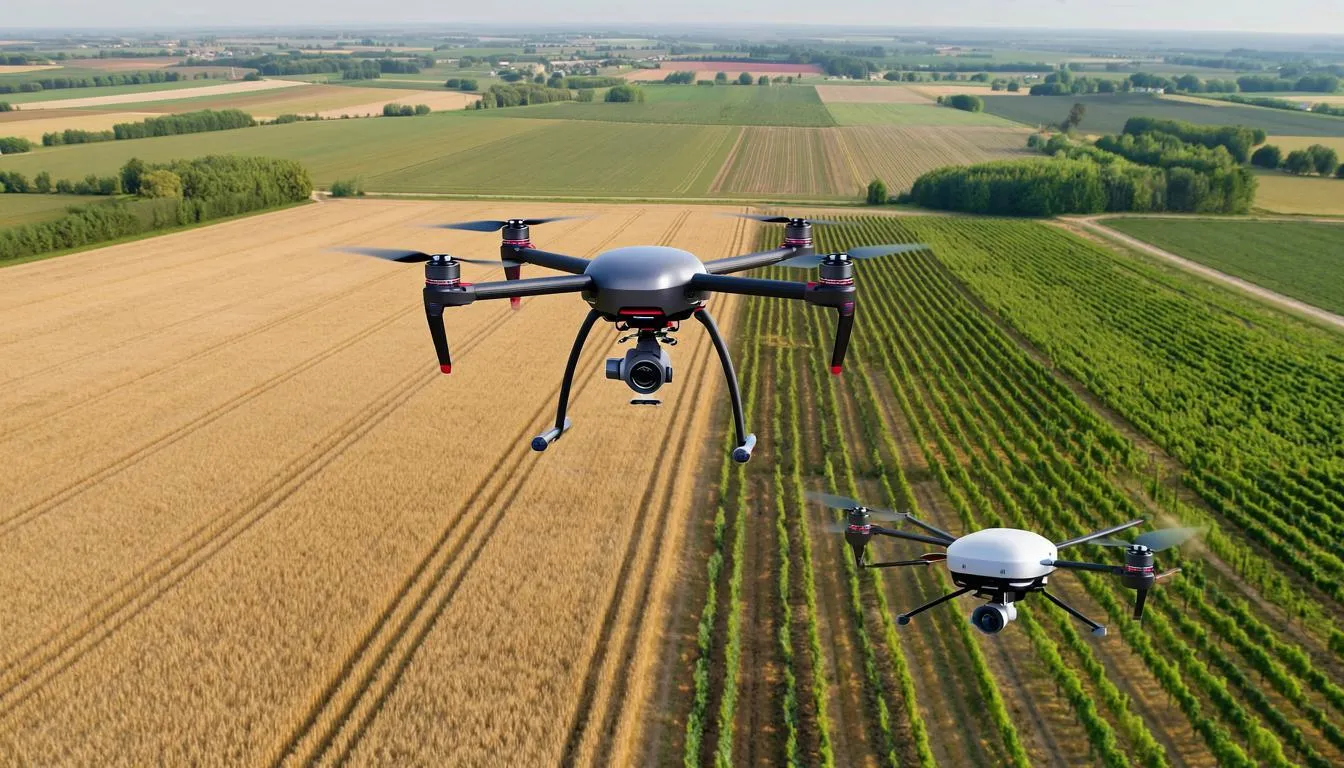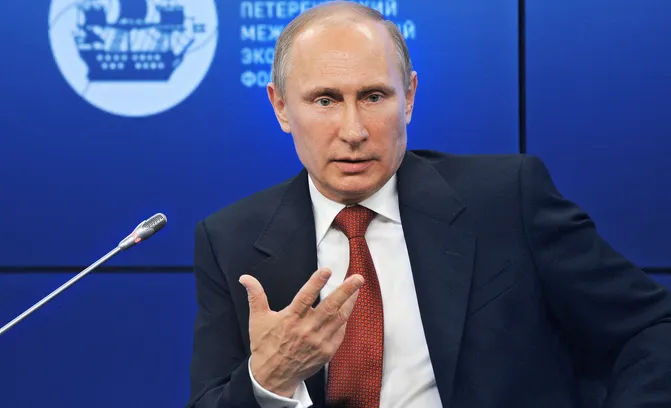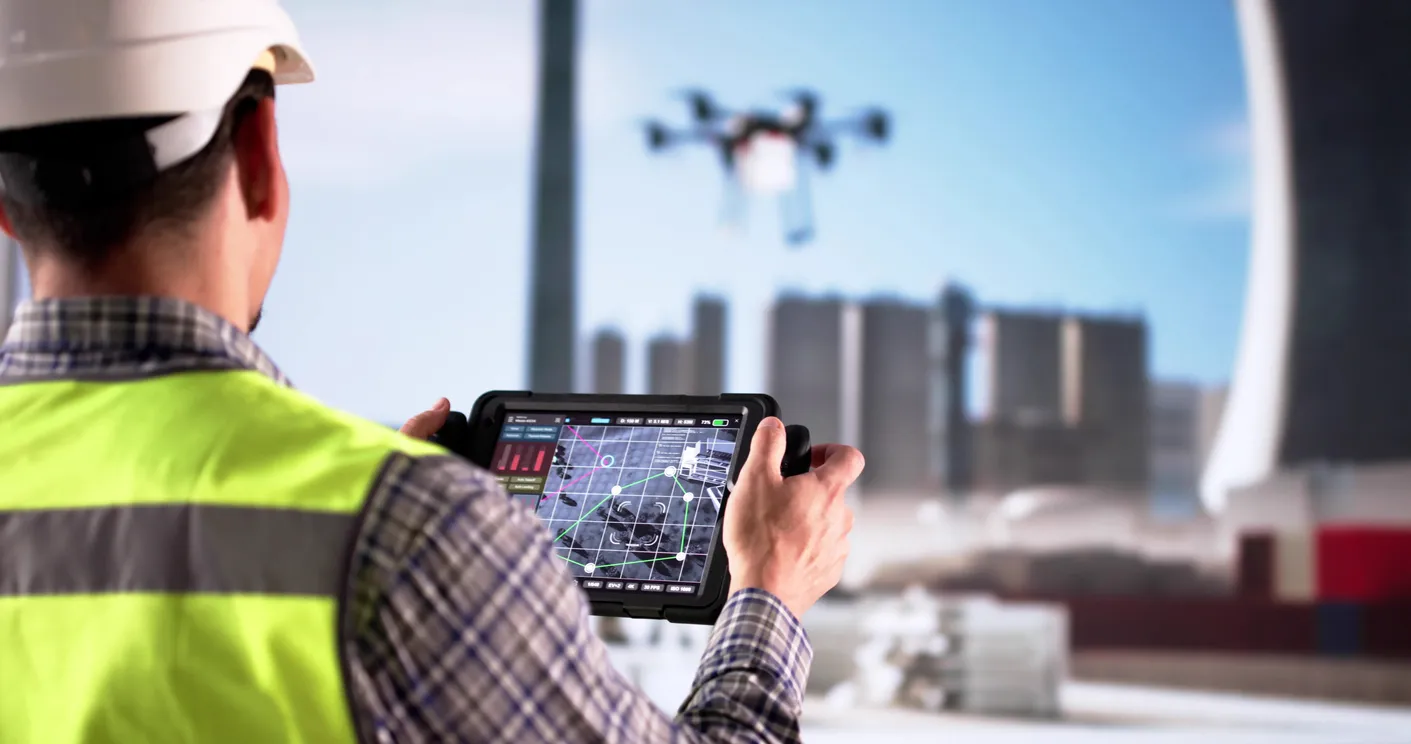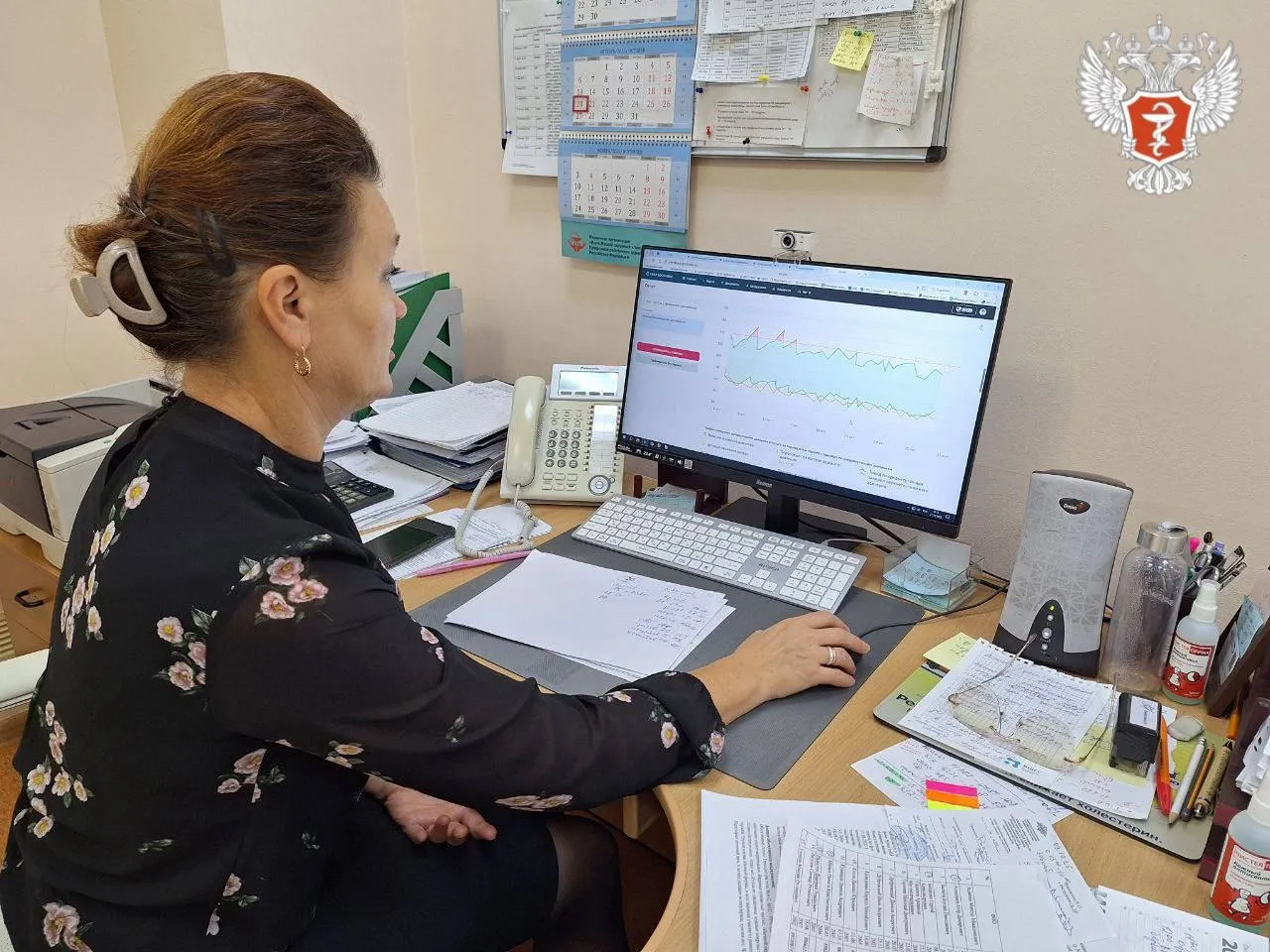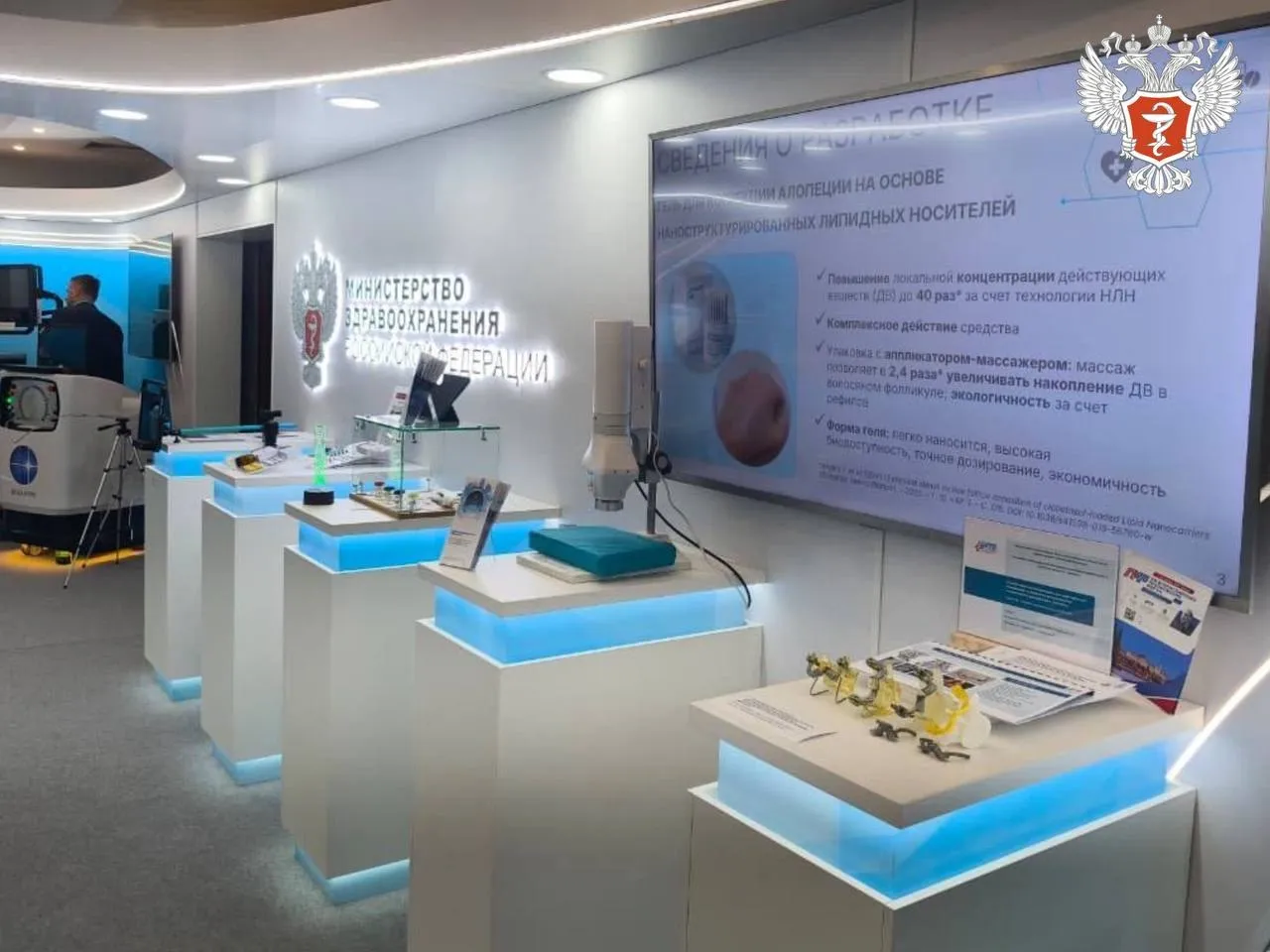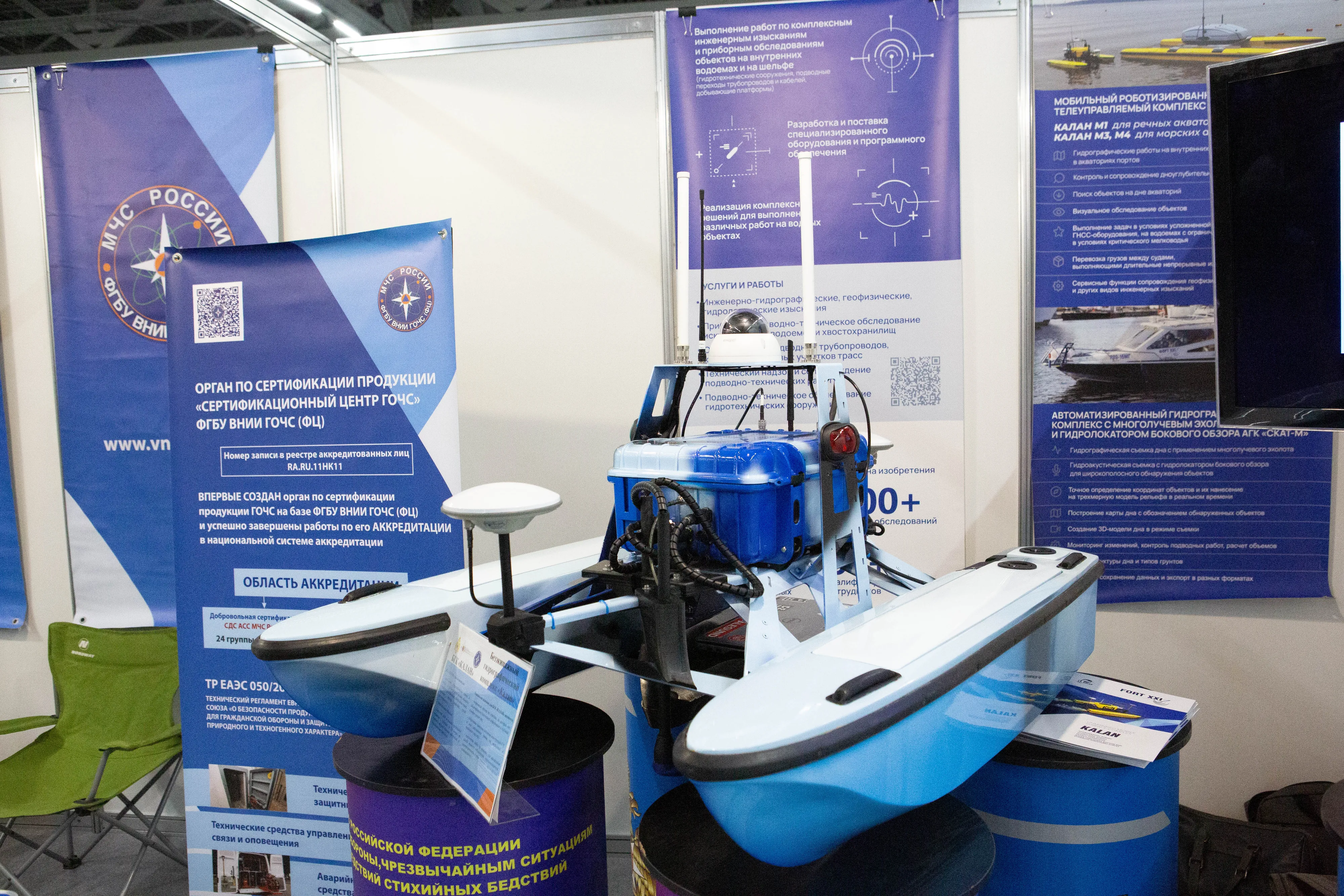Russian Scientists Invent a “Forever Battery” for Drones
A breakthrough in wireless power transfer could allow unmanned aircraft to fly indefinitely — no landing required.
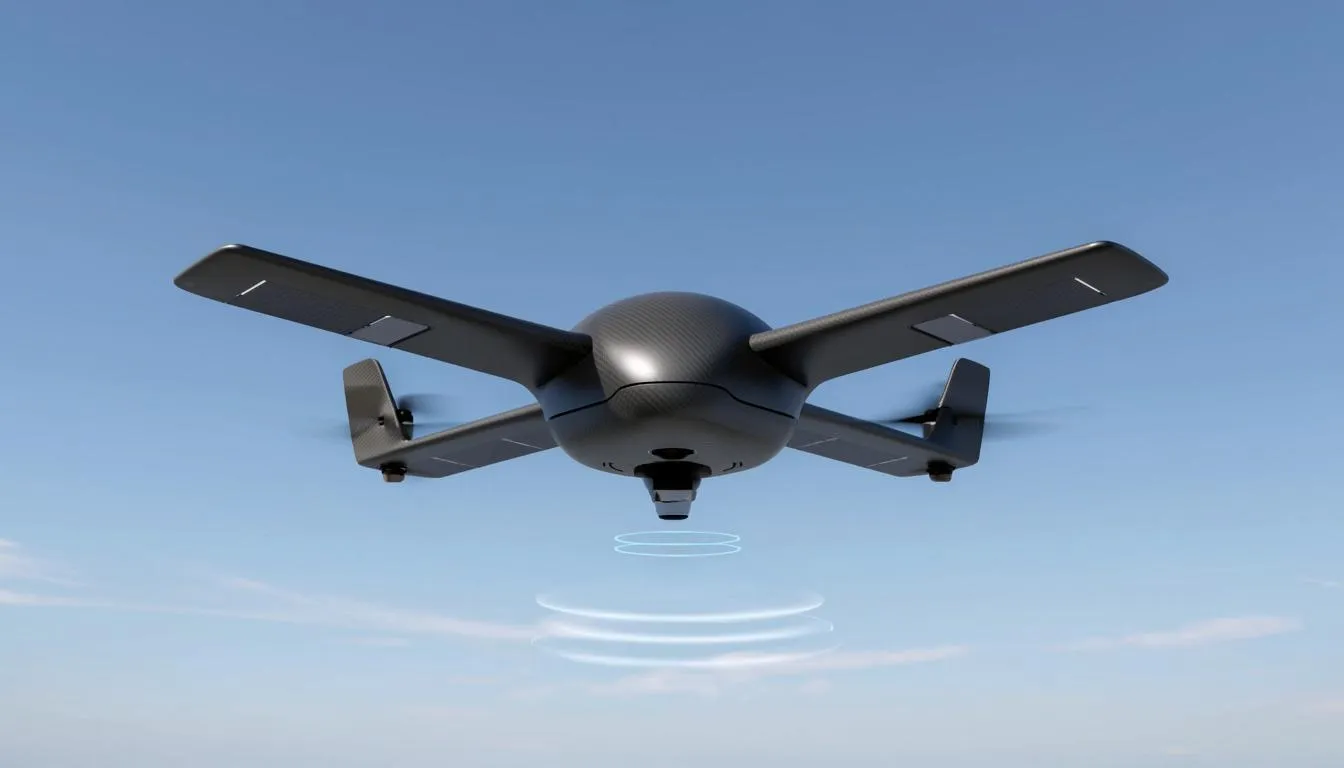
Researchers at Altai State Agrarian University in Russia have developed a new kind of battery that charges using electromagnetic waves, eliminating the need for drones to physically connect to a power source. The innovation could revolutionize unmanned aviation by enabling continuous flight without recharging stops.
How It Works
The battery is based on a thermoelectric principle: at its core is a graphite rod that heats up under electromagnetic radiation. Embedded converters inside the graphite then transform that heat into electric current. To maintain peak efficiency, the system includes active cooling components that regulate external temperature during operation.
In laboratory tests, researchers successfully charged the prototype from a distance of 70 centimeters using standard industrial equipment. This means wireless charging stations for drones could soon become a reality — powering aircraft as they hover or fly within range.
Endless Flight, Real-World Applications
The technology addresses one of the biggest limitations in drone design: short flight time. With continuous wireless charging, drones could conduct long-duration missions — from pipeline and power line monitoring to large-scale agricultural surveys — without the downtime of traditional recharging.
Scientists say the breakthrough not only advances Russia’s position in drone innovation but also has global potential, laying the groundwork for a future where unmanned systems operate autonomously for days, weeks, or even longer.





